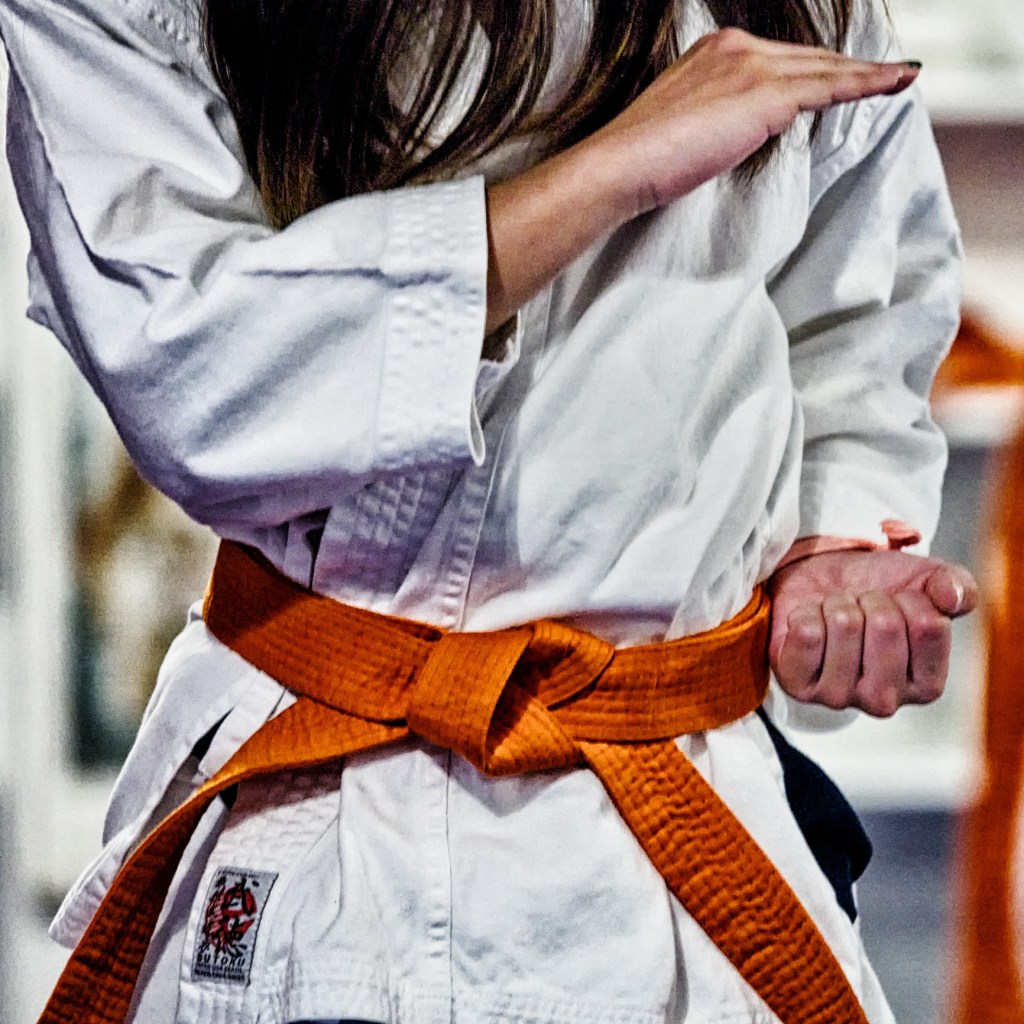Faculty Perspective: Counseling and Martial Arts
This blog post was written by online faculty member Dr. Russell Fulmer.

Counseling and martial arts have a lot in common: counseling works through the mind, hoping that insight and resolve take root and lead to change, while martial arts begin with action, so that through practiced movement the mind may find peace. Counseling and martial arts are two sides of the same coin and the goal of both is empowerment.
One does not become a martial artist or counselor overnight; both are a process. Like being a student in the Counseling@Northwestern program, life quickly changes when martial arts training begins. You learn skills and techniques, you grow to understand the dedication required to progress, and ultimately you graduate. You learn about yourself, even the veiled parts.
Counseling has been a part of my life for a couple decades now. More recently, I started martial arts training, a regimen that culminated with the awarding of my black belt in Krav Maga in 2016. I started as a novice white belt and, through each belt progression, was reminded of my development as a counselor. No, counseling awards no belts, but successful completion of the Counseling@Northwestern program does end with a degree and the purple shirt ceremony! Counselors in training begin their work usually cognizant of making mistakes, worried about being judged, wondering if they have what it takes. As does the martial arts student, and like the counselor, as confidence grows, so does competence.
Neither training regimen is easy. Both require you to work hard and perhaps more importantly, work smart. Both enable you to help others. In the end, counseling and martial arts training are worth every hour of time devoted. The intrinsic value of both is priceless.
Becoming a student at Counseling@Northwestern requires a bachelor’s degree, but it’s never too early (or late) to begin training in martial arts. Young children and seniors alike are actively involved. Just as counselors practice according to theoretical orientations, martial artists also employ the techniques of their discipline. Counselors may be psychodynamic, use cognitive behavioral therapy, or integrationist practitioners, and martial artists may use Krav Maga, jujitsu, Muay Thai, or the philosophy of a host of other systems.
Some people find empowerment in analysis and therapeutic rapport, while others build their confidence, have epiphanies, and relinquish the bonds of the past by throwing lots of punches and kicks. Of course, some people participate in both counseling and martial arts. Both can help people ascend from the doldrums and both can instill the hope of a better tomorrow.

